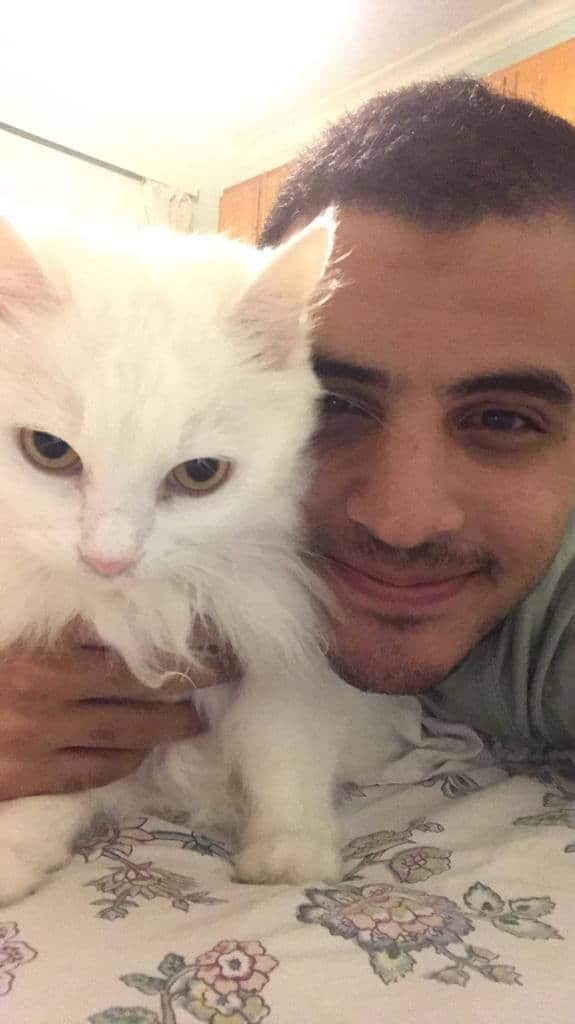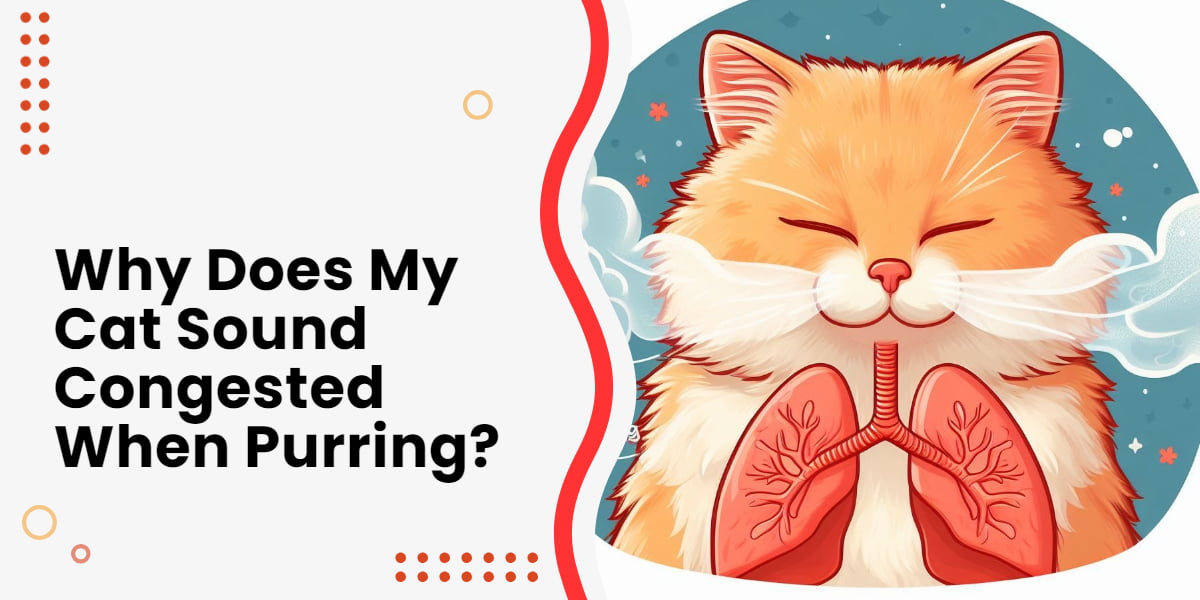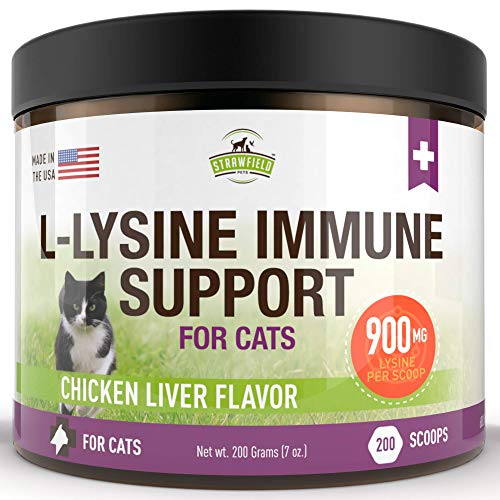Have you ever been caught off guard by the unusual sound of congestion when your beloved cat is happily purring away? It’s a puzzling and concerning moment for any pet owner. Cats, with their soothing purrs, usually bring comfort, but when that sound takes an unexpected turn, it can raise worry and confusion.
Fear not, as we unravel the mystery behind why your cat might sound congested while purring. From common reasons to potential health implications, we’ll explore this phenomenon in-depth, providing you with insights and actionable steps to ensure your furry friend’s health and happiness.
Table of Contents
Why Does My Cat Sound Congested When Purring?
A cat might sound congested while purring due to various reasons, often related to nasal or upper respiratory issues. These conditions can obstruct the nasal passages, causing a congested or snuffling sound when the cat purrs.
Possible causes include allergies, infections like the common cold or upper respiratory infections, nasal polyps, or sinus issues. If your cat consistently exhibits congested purring sounds or other concerning symptoms, consulting a veterinarian can help determine the underlying cause and appropriate treatment options.
Here’s a breakdown of the most common reasons.
Laryngeal Infections and Disorders
The larynx is the anatomical part that helps a cat purr. And the clarity of that sound depends on the wellness of the laryngeal muscles as well as the integrity of the airways.
The larynx could be affected by a slight cold, a heavy respiratory infection, air pollution, or a more complicated disorder. In all these cases, only a professional could assess the root cause of the congested sound.
Related: why is my cat purring with an open mouth?
Upper Respiratory Infection
This is a common occurrence among pets, especially in the cold season. The vast majority of these infections are caused by viruses.
Some are transient and clear up after a week, while others only go into remission and could be reactivated at any future time. Furthermore, the cats would be constant carriers of the virus. And they could pass it on to other cats.
Here’s a good supplement to aid your cat’s immune system:
However, I highly recommend taking your little furry friend to the vet, even for regular checkups.
Bacterial or Fungal Infections
While less frequent, these two sources of infections can’t be ruled out entirely.
There’s a characteristic symptom that sets these infections apart from the viral ones, and the vet would most probably ask about it. A bacterial infection usually comes with a bilateral discharge that is similar to pus.
Fungal infections, like environmental cryptococcus, are often asymmetric. The discharge typically comes from one side of the nose, and it could be pus-like or bloody.
Allergy
Cat allergy could be triggered by a plant, new carpet cleaner, a pet shampoo, or a host of other allergens. A chronic cough could affect the cat’s laryngeal muscles and her purr might become raspier after a while.
Related: The top cat food alternatives for the Z/d diet for food allergies
Foreign Body
Cats are truly curious by nature, and they’re prone to getting things inside their noses or throats that shouldn’t be there. A foreign body could be dust, pollen, grass, dirt, fabric, or any other unimaginable object.
If it gets lodged around the cat’s nose or airways, the cat would sneeze, cough, and end up with an inflamed throat. Immediate action is often required in similar situations. The cat’s throat might feel sore for a few days after the foreign body is removed.
How Do Cats Purr?
Meowing is quite different from purring. And even though both sounds are created somewhere in the cat’s throat, they seem to originate from different places. Interestingly, a cat could lose its voice, but it could still purr.
The cat’s anatomy explains this capability. Meowing is created by the vocal cords in the cat’s larynx. The structure that houses these sound-creating strings resembles a box that’s placed at the top end of the trachea. It’s normally referred to as the voice box. The flat shape of the cat’s voice box facilitates making various sounds as the cat exhales.
This structure is only partially responsible for the cat’s purr. The internal laryngeal muscles contribute much more to creating the purring sounds. Specifically, it’s the repeated contraction and relaxation of the muscles in the glottis area between the vocal cords.
The resulting frequencies are synchronized with the cat’s breathing. But the whole sequence is orchestrated by a neural oscillator inside the cat’s brain. The main cause that could make a cat lose its purr is laryngeal muscle paralysis.
Related: Why is my cat gulping while purring?
Interesting Feline Purrs
Kittens and cats aren’t the only felines that purr. In fact, big cats do that as well, but in a different way. The roar of a lion is quite similar in the way it is created to a kitten’s purr. Clearly, the lion’s roar is more far reaching and chilling.
Another big cat, which is the tiger, hides a low-frequency purr inside its mighty roar. This purr is inaudible to humans, but it literally paralyzes its prey.
Contrary to the scary effect of big cat roars, domestic cat roars are believed to have a healing effect on humans.
There’s still a lot more to study and observe in the animal kingdom. Especially, when a familiar sound suddenly becomes different. We should always stop and listen.
How To Treat A Cat With Congested Airways?
Taking the cat to the vet is essential. A congested purr is often an indication of an underlying issue that needs medical attention.
If the cat has an infection, then it would need some attention from you as well. Here are 5 things that should make a kitty feel better:
1- Add warm water to the cat’s food. It would make it easier to smell and eat.
2- Try to keep the ambient temperature around 70 degrees
3- Give your cat an extra blanket to keep her warm
4- If the cat has an allergy, then it’s best to keep the triggering allergen away
5- Keep your cat close to you and make her feel loved and protected
Are There Any Cat Nasal Congestion Home Treatment Tips?
If you think your cat is having difficulty in breathing due to nasal congestion, here are a few ways you can help:
1- Using a humidifier: if you live in a dry neighborhood with cold weather, your feline buddy’s respiratory system might be irritated. Opt for a humidifier to help out with this.
2- Using a saline nasal spray that is non-medicated: this spray will significantly help with any excessive mucus that is stuck in your cat’s nose. Please note that not all cats would tolerate this spray, so make sure that your cat would go along with it.
In Conclusion
Animals can’t talk, so they depend on the sounds they make and their body language to communicate their needs to others. That’s why observing what seems normal and what feels odd is a large part of having a pet around the house.
A congested purr isn’t too common, but when it happens it often signifies an infection or disorder in the cat’s respiratory system. There are many causes of upper respiratory infections in cats, thus, the vet’s opinion is always needed.
In the meantime, keeping the cat warm and cared for would help a lot.

I’ve been living with cats since 2008 and I can confidently say I have more feline friends than humans lol. I currently live with 5 cats in different life stages; two of them are less than one year old, one is 2-ish years old and the oldest two are 9-ish years old. I’ve developed a strong bond with cats over the years and I’m eager to share my experience through this blog. You can learn more about my cats here.



